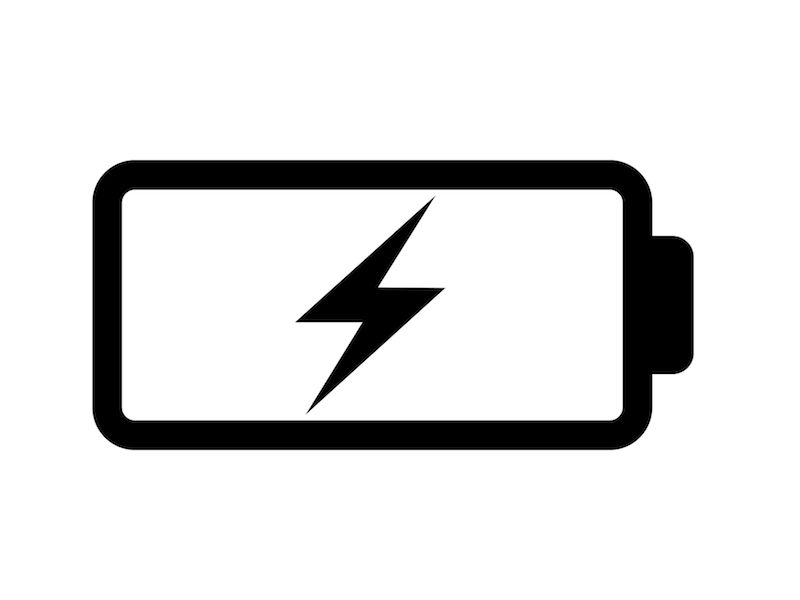
Rechargeable hearing aids are manufactured so that you’ll have to stress less about running low on batteries, but the technology may also make you a little concerned when you rely on your devices to hear. Do rechargeable hearing aids work, and do they work as well as marketed?
The stress is understandable and so are the question you may have. A hearing aid is often a necessary element of one’s everyday life, as necessary for a quick visit to the grocery store as they are for the enjoyment of a television show or movie. It’s essential that a piece of technology works properly and reliably, especially when it impacts so many facets of life.
What Type of Battery do I Have?
By default, most contemporary hearing aids have rechargeable batteries, so if you bought your hearing aids recently it’s likely that your hearing aids will have one of two battery types. Silver-zinc batteries, which have a battery door on the back of the device, are rechargeable, but the batteries might need to be replaced every now and then. A Lithium-ion battery, however, will not have a battery door because the batteries will last as long as the hearing aid does.
Rechargeable Hearing Aids Need Special Care
For the most part, rechargeable hearing aids do work, and they work well. The dependability of these devices has enhanced considerably in the last few years, as battery technologies have improved. In order to improve reliability, however, there are a few maintenance steps users can take as they would with any other electronic technology.
- Keep Your Hearing Aids Dry and Clean: No matter how often you use or do not use your hearing aids, they have abundant opportunity to collect moisture, debris, and dust. Your hearing aid might not completely charge if it is subjected to any of these three elements. When connecting your hearing aid to your charging station, as with any other time, it’s crucial to keep your device clean.
- Be Careful of Wires: Most hearing aids will have a wire element of some kind, either on the charging station or on the hearing aids themselves. Most hearing aid users are advised to be aware of these wires; do not pull or hold your device by these wires as this will damage the connections that allow your hearing aid to charge.
- The Charging Station is Where Your Hearing Aids Should be Stored: If you regularly store your rechargeable hearing aids on their recharging station you can extend the life of your battery. The long term battery life is not reduced by charging a battery that is not totally drained.As a matter of fact, ensuring that your hearing aids are charging when not in use can actually boost your long-term battery life. For many people, setting their charging station beside their bed is a convenient reminder to charge the devices when it’s not being used.
How to Change a Rechargeable Battery
Lithium-ion batteries will normally last the lifespan of your device. So changing those batteries won’t be something you ever have to be concerned about. Simply keep recharging your hearing aids as long as necessary.
Hearing aids that depend on silver-zinc batteries, however, may require fresh batteries occasionally. Replacing batteries in the right way can help increase the lifespan of your hearing aids. Because of this, hearing experts suggest the following:
- Keep batteries in a room temperature spot that is also sure to be dry.
- Five minutes before removing any tabs that may be attached let the batteries sit at room temperature.
- Clean and free of moisture is the state that your battery compartment should be kept in.
- Until you’re ready to use the batteries, don’t remove the plastic tabs or packaging.
- Ensure you wash your hands before replacing your hearing aid batteries.
Non-Use For Long Periods
Leaving your hearing aids on the charger for extended periods of time is no longer the way to store your hearing aids. Just unplug your hearing aid and put it in a dry cool spot if, for instance, you know you won’t be using them for several weeks or a month.
Consider leaving the battery door open so you can stop moisture from corroding the batteries if you have silver-zinc batteries.
Keep it Charged Every Day
All your general needs should be met if you charge your hearing aids once per day. To get 24 hours worth of battery life with a lithium-ion battery will usually only require 3-4 hours every day.
Do rechargeable hearing aids work? Not only do they work, but rechargeable hearing aids will most likely become much more common and dependable as the technology continues to improve. Contact your local hearing aid retailer to see all the different models
